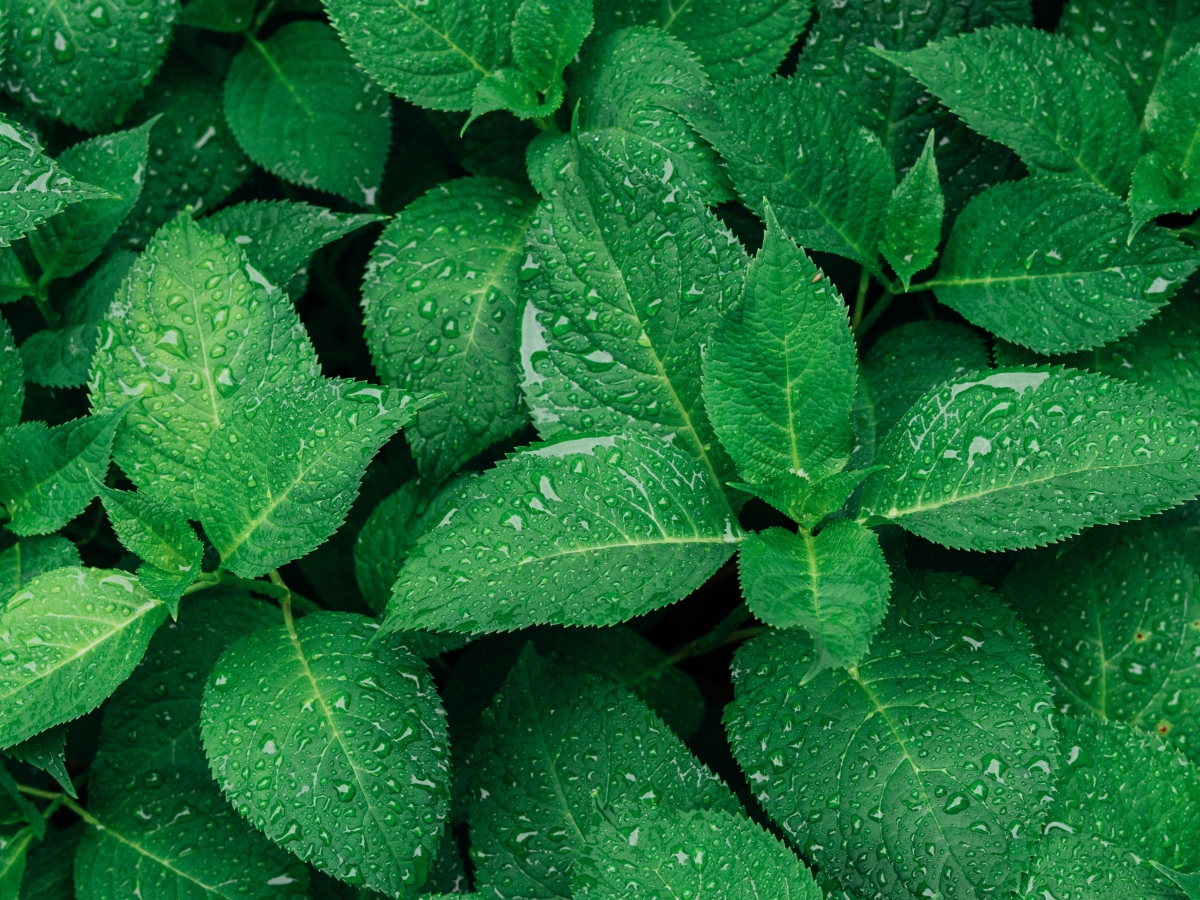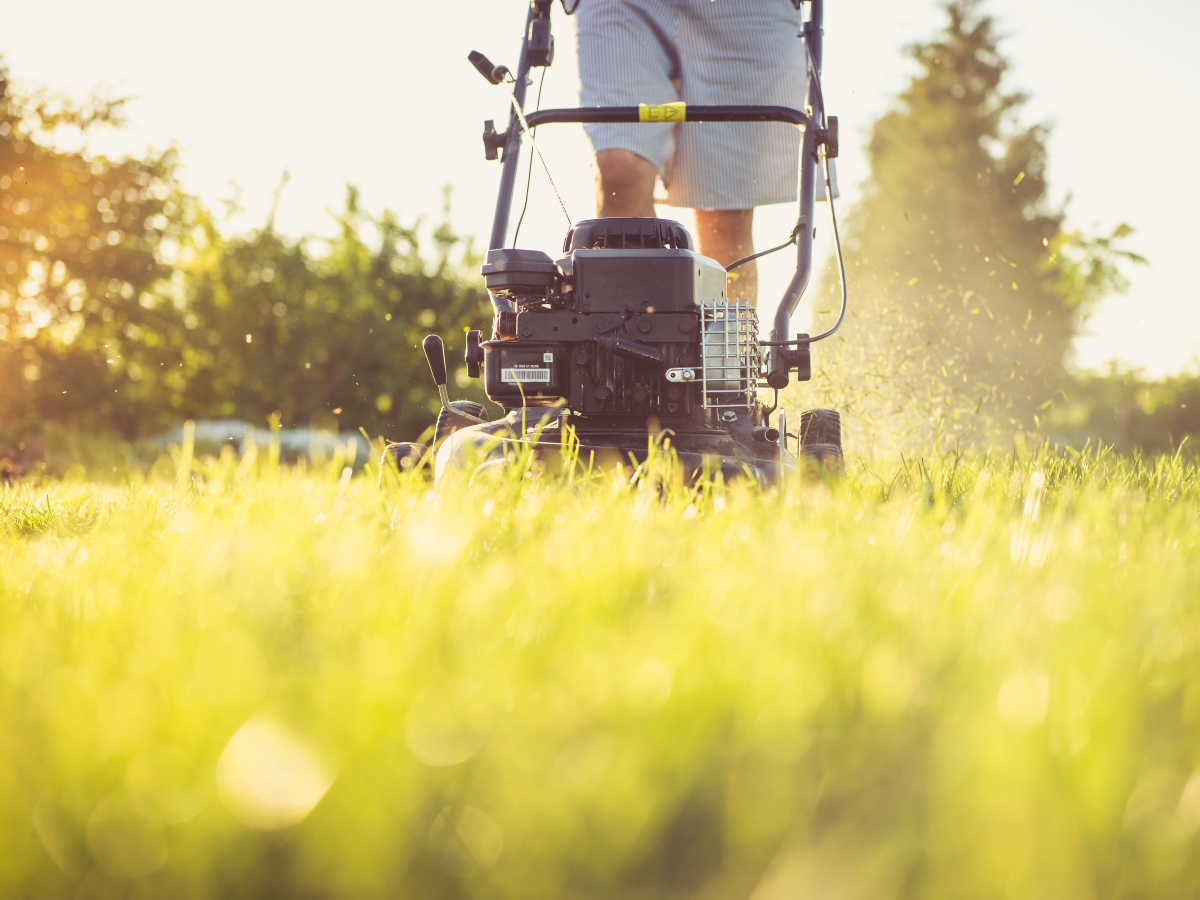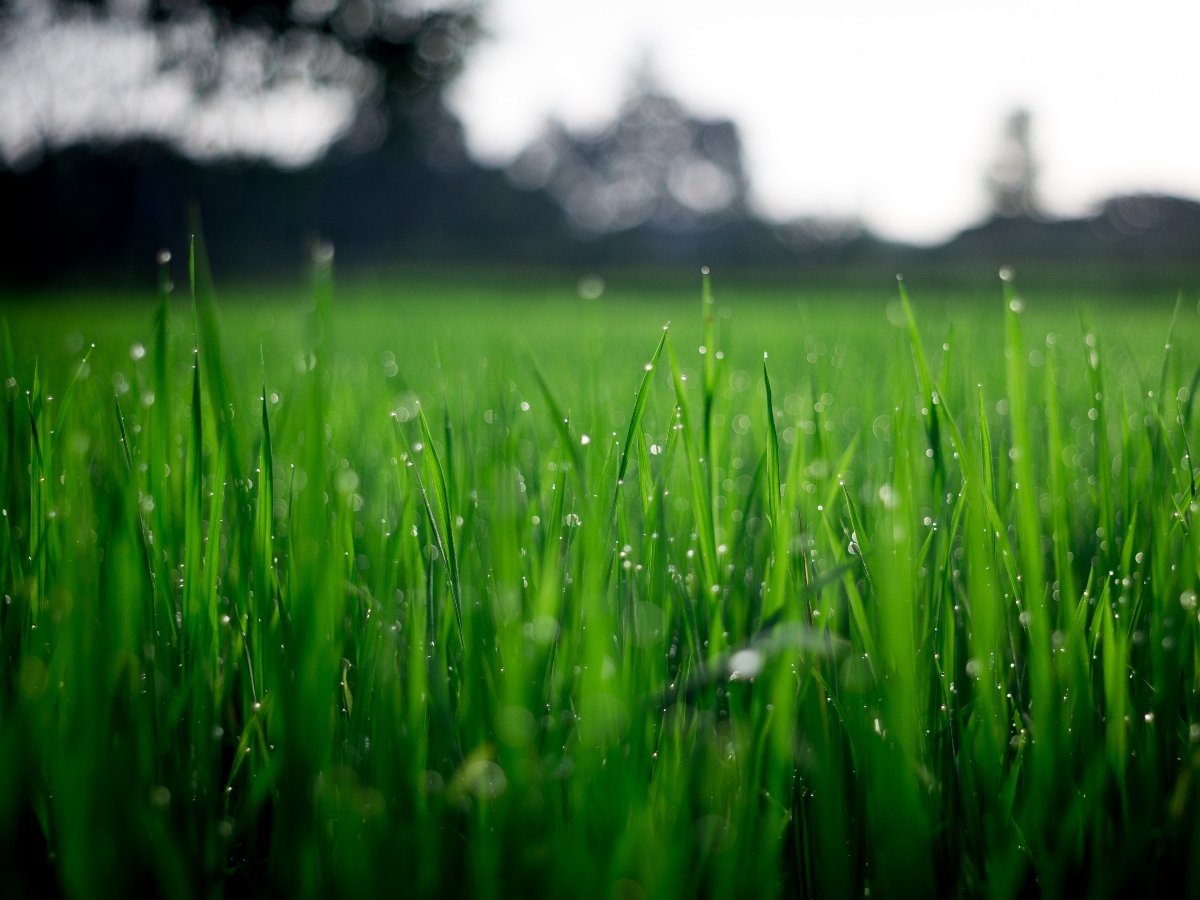In the heat of summer, maintaining a healthy lawn can be difficult. But, if you know the best time to water it, you can make it easier. By taking good care of your lawn, you can have a beautiful and healthy lawn for you and your family to enjoy all summer. This article will talk about the best time to water lawn in summer and why it’s important. We’ll also cover some extra tips to help you keep your lawn green and healthy when it’s hot outside.
Understanding the Best Time to Water Lawn in Summer
Caring for a lush green lawn during hot summer can be challenging. Hot temperatures, humidity, and other factors can damage your grass. But, with proper care, you can create a lush, lovely lawn that makes your outdoor space more enjoyable.
Watering is one of the most important components of summer lawn care. Your lawn can flourish with proper watering and care. This also includes knowing the best time to water your lawn in summer.
Daytime vs. Nighttime Watering
During summer, watering your lawn at the right time is important to keep it healthy. Daytime and nighttime watering both have pros and cons. And it’s important to find the right balance.
You can water your lawn at any time of day. But it’s important to know the best time to water lawn in summer. Plus, understanding daytime and nighttime lawn watering can help you choose the best method.
Daytime Watering
Watering is a crucial aspect of lawn care, especially during the daytime when conditions differ from the nighttime. Direct sunlight and high-temperature impact how your grass absorbs water. So, knowing how daytime watering works can help you adapt to keep your lawn healthy even during hot days.
Pros
Cooling Effect
On hot summer days, watering your lawn during the day can help cool the grass and reduce heat stress. This is good for the health and appearance of your lawn.
Faster Drying
Since the sun is out and the temperature is higher during the day, the grass and soil dry out faster after watering. This can help keep fungi and other lawn diseases from growing.
Cons
Evaporation Losses
When you water during the hottest part of the day, you lose a lot of water through evaporation, which makes it less efficient.
Potential Scalding
If there isn’t enough drainage, pools of standing water from daytime watering can get hot and kill the grass.
Nighttime Watering
Watering your lawn at night occurs between sunset and sunrise. Nighttime watering offers different conditions compared to daytime watering. These differences can affect your lawn’s health and appearance. Also, nighttime watering has unique characteristics that impact your lawn’s health and growth.
Pros
Reduced Evaporation
Watering at night, when temperatures are cooler and the wind is generally calmer. This reduces evaporation losses, making water usage more efficient.
Better Water Absorption
When it’s cooler, and the wind is calmer, water soaks into the ground faster at night. This ensures that your lawn gets the moisture it needs.
Cons
Increased Disease Risk
When you water your lawn at night, the grass blades stay wet for a long time. This can make it easier for fungus and other lawn diseases to grow.
Overwatering
Watering at night can cause overwatering due to slower evaporation. This can make figuring out the correct amount of water your lawn needs difficult.

Balancing Daytime and Nighttime Watering
Maintaining a healthy summer lawn requires a balance between daytime and nighttime watering. You can create a watering schedule by weighing the pros and cons of each. Here are some tips for balancing your watering schedule:
Focus on Early Morning Watering
Aim to water your lawn early morning, between 4 AM and 10 AM. This timing lets the grass absorb water well before the sun rises and the temperature rises. This cuts down on water lost to evaporation and makes sure the grass dries enough to prevent diseases.
Track Your Lawn’s Condition
Keep a close eye on the health and appearance of your lawn. Look for signs of disease, stress from drought, or standing water. Change your watering schedule based on things like the weather, the type of soil, and the type of grass you have.
Pay Attention to Weather Patterns
Change your watering schedule based on weather, soil, and grass type. For example, you can reduce or skip watering if rain is expected. If the forecast calls for several days of high temperatures and no rain, water more.
Consider Your Lawn’s Unique Needs
Different grass and soil types absorb and hold different amounts of water. Consider these factors when balancing daytime and nighttime watering.
Use Efficient Irrigation Techniques
Use a water-efficient irrigation system. This cuts down on water lost to evaporation and reduces the risk of diseases caused by grass blades that are too wet.

Factors That Affect the Best Time to Water
The best time to water lawn in summer depends on a number of factors. These things can change how your lawn absorbs and uses water. So it’s important to understand them to keep your lawn healthy and full of life. Here are some of the most critical factors that can affect the optimal watering time:
Local Climate
To determine the best time to water your lawn in summer, consider your local climate. Factors like temperature, humidity, and rainfall affect the amount and time you water your lawn.
Grass Species
Different types of grass need different amounts of water. So it’s essential to tailor your watering schedule accordingly.
Soil Type
Your yard’s soil type can also impact the optimal watering time. Soil that drains quickly may need more watering than soil that keeps moisture. But, soil that retains moisture may need less watering.
Time of Year
The optimal watering time can also vary depending on the time of year. Your lawn may need more water during the hottest summer months.
Sun Exposure
The amount of sun exposure your lawn receives can also impact the optimal watering time. Lawns in full sun may need more watering than those in partial shade.
Benefits of Watering at the Best Time in Summer
Watering your lawn at the best time during summer offers many advantages that help keep your lawn healthy and looking great. Some of the best reasons to water in the summer include the following:
- Save Water: By watering at the best time, you can use water more efficiently, and less water will evaporate.
- Improve Water Absorption: When you water at the right time, the soil and grass blades are better able to absorb the water. This helps the grass grow healthy and reduces the risk of disease.
- Reduce Heat Stress: Watering during the cooler parts of the day can help prevent heat stress on the grass, which keeps your lawn healthy.
- Enhance Root Growth: Deep roots grow when you water your lawn properly. This makes your lawn more resistant to drought.
- Vibrant Appearance: Watering your lawn at the right time can help it stay lush, green, and beautiful all summer. This makes it a great place for outdoor activities.

Additional Tips for Maintaining Your Lawn During Summer
Besides watering your lawn at the right time, there are other guides you can use to keep your lawn healthy and beautiful during the summer. Here are some extra tips to consider:
Mow Your Lawn Properly
Set or adjust your mower blade to the appropriate height for your grass species. Also, avoid cutting more than one-third of the grass blade at a time. This can help reduce stress on the grass and promote healthy growth.
Fertilize Appropriately
Fertilize your lawn at the right time and with the right amount for your grass. Over-fertilizing can lead to excessive growth and may increase the risk of disease.
Address Weeds Promptly
Remove any weeds that appear on your lawn as soon as possible. They can compete with your grass for water and nutrients.
Aerate Your Lawn
A lawn’s capability to absorb water and nutrients from the soil can be helped by aeration. Also, aerating can promote deep-root growth.
Provide Adequate Shade
Consider planting trees or shrubs to shade your lawn, especially during the hottest parts of the day. This can help reduce heat stress on your grass and promote healthy growth.



